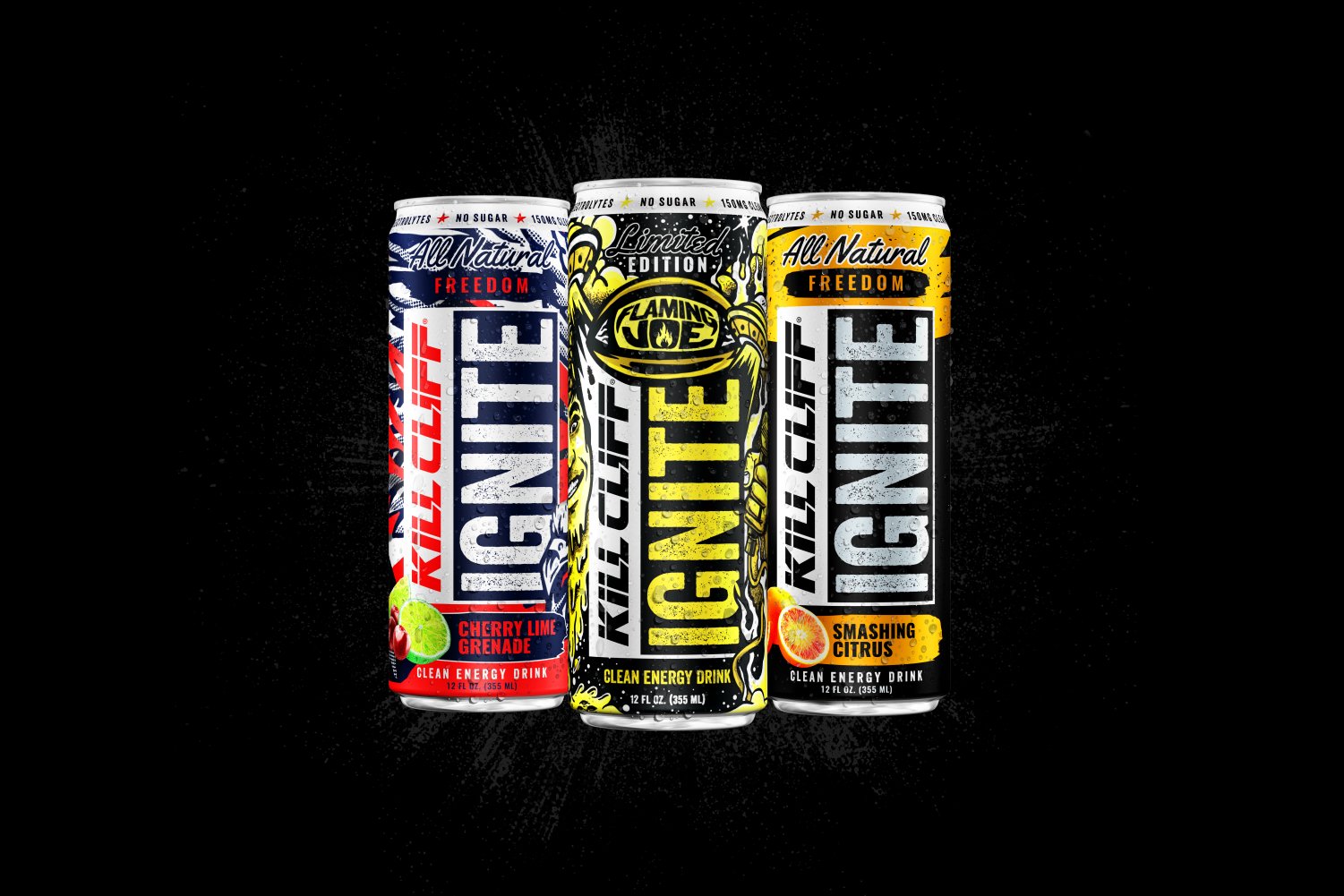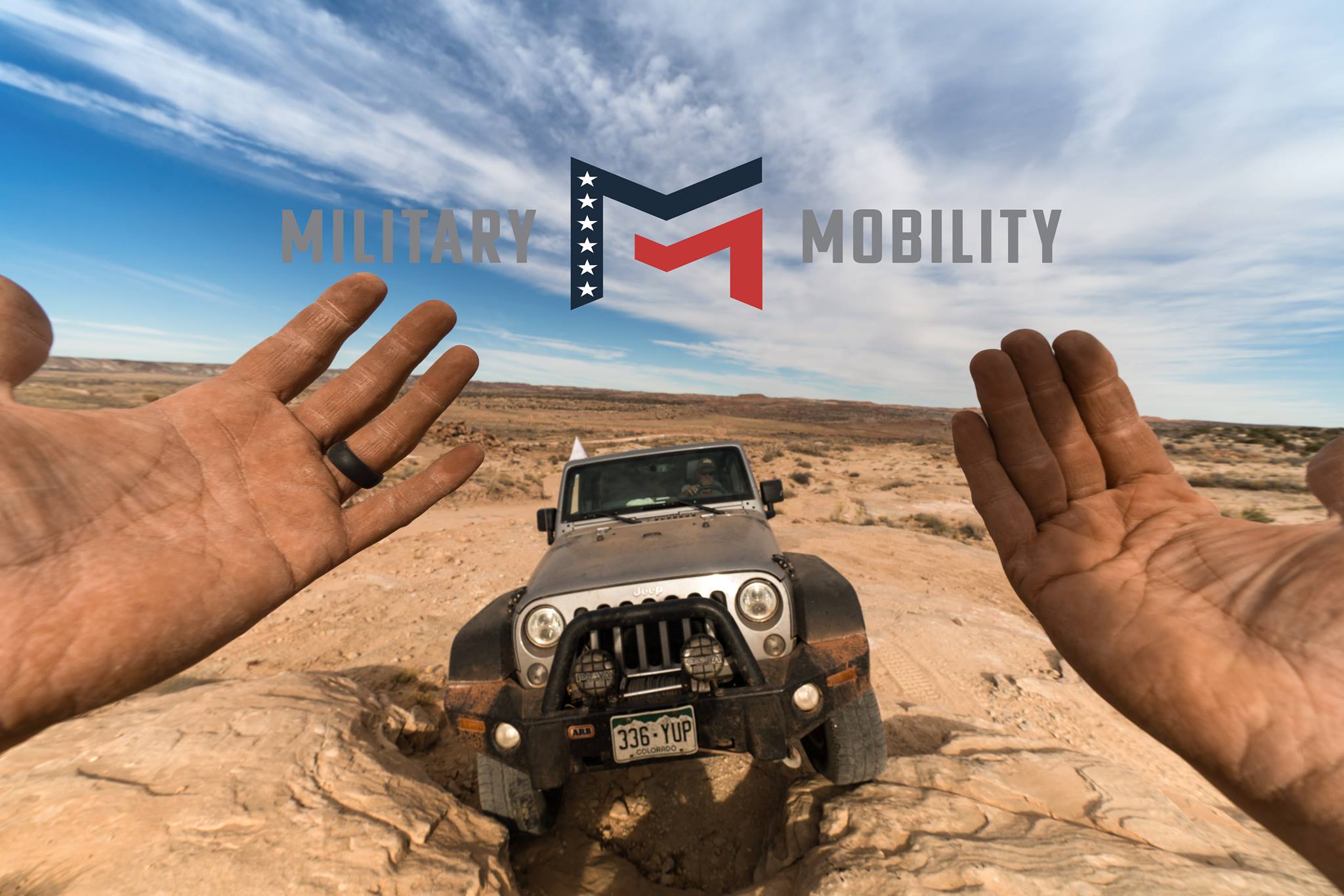
Brian Ribera is the founder of Military Mobility, a non-profit that gives military veterans the chance to get back into a team environment after making the transition out of service. Brian, a Navy SEAL officer, discussed with us his childhood aspirations to be a SEAL, how Military Mobility came about, and the future of the organization.
KC: How did you get into the SEALs?
BR: As a young kid, I grew up in the ocean and the woods. I read a Reader's Digest article when I was in seventh grade about John Connors's death. This was when SEAL Team 4 went into Panama to overtake Paitilla Airfield and four SEALS died. I read this article and I thought "this is for me." From that point forward, I was going to be steadfast and pretty focused on becoming a SEAL.
Sadly, I couldn't get in the Navy after high school. I had trained so hard. Once, I was diving in open water with no instruction whatsoever and my eardrums popped and all the blood vessels in my eyes broke. I had a couple operations on my ears and the doctors said, “forget about the SEAL teams, you can't even join the Navy because your ears are messed up.” I was heartbroken, but I kept on trying to get in about every six months. Finally, a doctor was like "hey, what's wrong with your ears?" I told him “I'm just really sick right now.” He didn’t question it, signed the paperwork, and I was in. That was over 20 years ago.
KC: What would you say are some of the biggest lessons you learned in the SEALs?
BR: Dealing with loss has been one of the biggest lessons I've learned. We're all big boys and knew when we got in this game there could be consequences. Having been to so many funerals of guys I consider among my core group of friends has been tough, especially witnessing its effect on their families. These experiences kind of helped me segue into my next chapter of life. It was the realization that I have been a part of something bigger than myself my entire adult life, and I wanted to keep that going.
KC: How did the idea of Military Mobility come about?
BR: I got my MBA last year at the University of Virginia's Darden School of Business. I had 15 hours with an executive coach that showed me that I have always been a teacher in some sort of way. People look up to me and come to me for advice. I hadn't thought about it like that before. When we were doing our capstone project, everyone generally does something about their current workplace, but I wanted to figure out what the next chapter of my life is going to be. Whatever my job, I wanted to feel engaged. That's when I created the curriculum for Military Mobility, and I got such a great response from it. We're essentially putting clients, often veterans, back in a team environment and creating an environment to foster camaraderie, trust, and inspiration while giving them the mindset to overcome any challenge. It's been great.

KC: What would you say is the ultimate goal of Military Mobility?
BR: I used to run the ultra-marathons and stuff like that. There was no stopping me; there was no limit. Now, I've had spinal and shoulder surgeries. I've had my legs ripped open. I have cellulitis, meningitis, and Lyme disease. It goes on. I've struggled to find mobility in my life. I'm not the same as I was. I thought to myself "how can I still be myself and access these wild and inspirational places that I love; they are just a part of me?"
Mobility is the ability to move around. Mobility in the military means our platform. It can be boats, Humvees, or any specialized off-road trucks. I'm using vehicles and terrain as a medium to attack the professional and personal challenges we face. The fleet of vehicles will literally overcome and navigate obstacles in the wild. People will look at the trail and tell themselves "there's no way I can do that." But with a little bit of training, they can. Inevitably, they come away thinking, "Wow I could do that; what else is possible?"
Our program really ties into health and wellness as well. A lot of people are willing to let themselves down, but they don't want to let the team down. Military Mobility creates the team environment again. Whether you're in the military for two years or twenty years, the transition out is very difficult. You do it individually and not as a team; and, you immediately miss the team around you that was part of your identity. Military Mobility offers a massive opportunity for positive transformation and growth.
KC: What kind of changes have you seen in these veterans?
BR: We have custody of them for five days which is huge. There are a lot of nonprofits doing a lot of great things. For us, the biggest question we get is, especially when taking donations is “it’s fun taking people rock climbing, off-roading, or shooting guns, but how are you actually changing them for the long term?” Our program gives us the opportunity to spend quality time on really challenging obstacles. Participants realize the tools - mental, physical, confidence, teamwork - that they draw upon in our program will stay with them for the rest of their lives. We keep in touch with them afterwards, and have a lot of personal phone calls to keep them engaged.
KC: Are there any plans for the future of MM that you can share with us?
BR: I've been in talks with FEMA, this disaster relief folks, about getting our clients, military trained personnel, to be of help with disaster relief across the US. It would get these guys back into a team environment while also assisting with wildfires, hurricanes, and stuff like that. For somebody who misses that kind of structure, I think this could fit the bill for them.
We have a for-profit sister company as well. I don't want to make money from Military Mobility. I don't make a cent off this, nor do any of our staff. However, Drive Growth is the Military Mobility experience for the corporate world, offering an executive leadership training experience. It's an awesome combination between a retreat and training program. We've got a great response from it so far. The awesome thing is that we find these customers like to donate to Military Mobility. It's tax deductible for all of them, and a great source of funds to support our programs for veterans.
KC: What does Kill the Quit mean to you?
BR: It's a one speed, full speed lifestyle. When the idea of quit creeps in, you have to say, “no this isn't happening'” and you banish that thought from your mind. You have to persevere and that's where actual change comes from. You have to push yourself outside your comfort zone. You know muscle has to tear before it grows. If you want transformation, you have to push past the quit or else you're just going to be doing the same thing you've always done your whole life.
For more information on Military Mobility, visit https://militarymobility.com/ and follow on social media as well.







